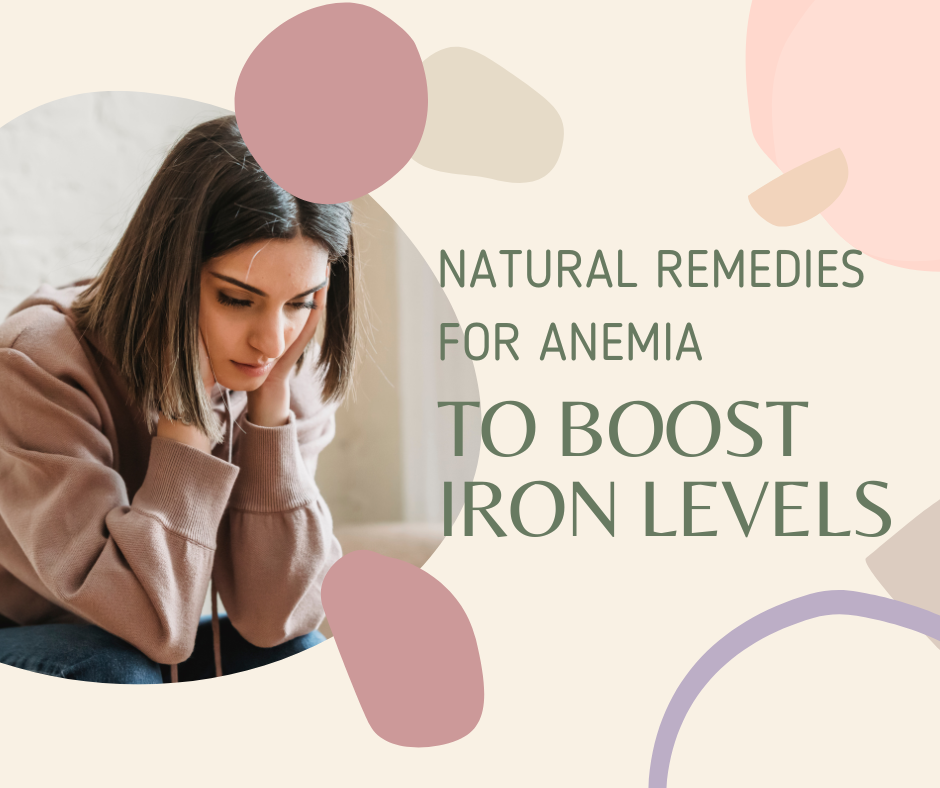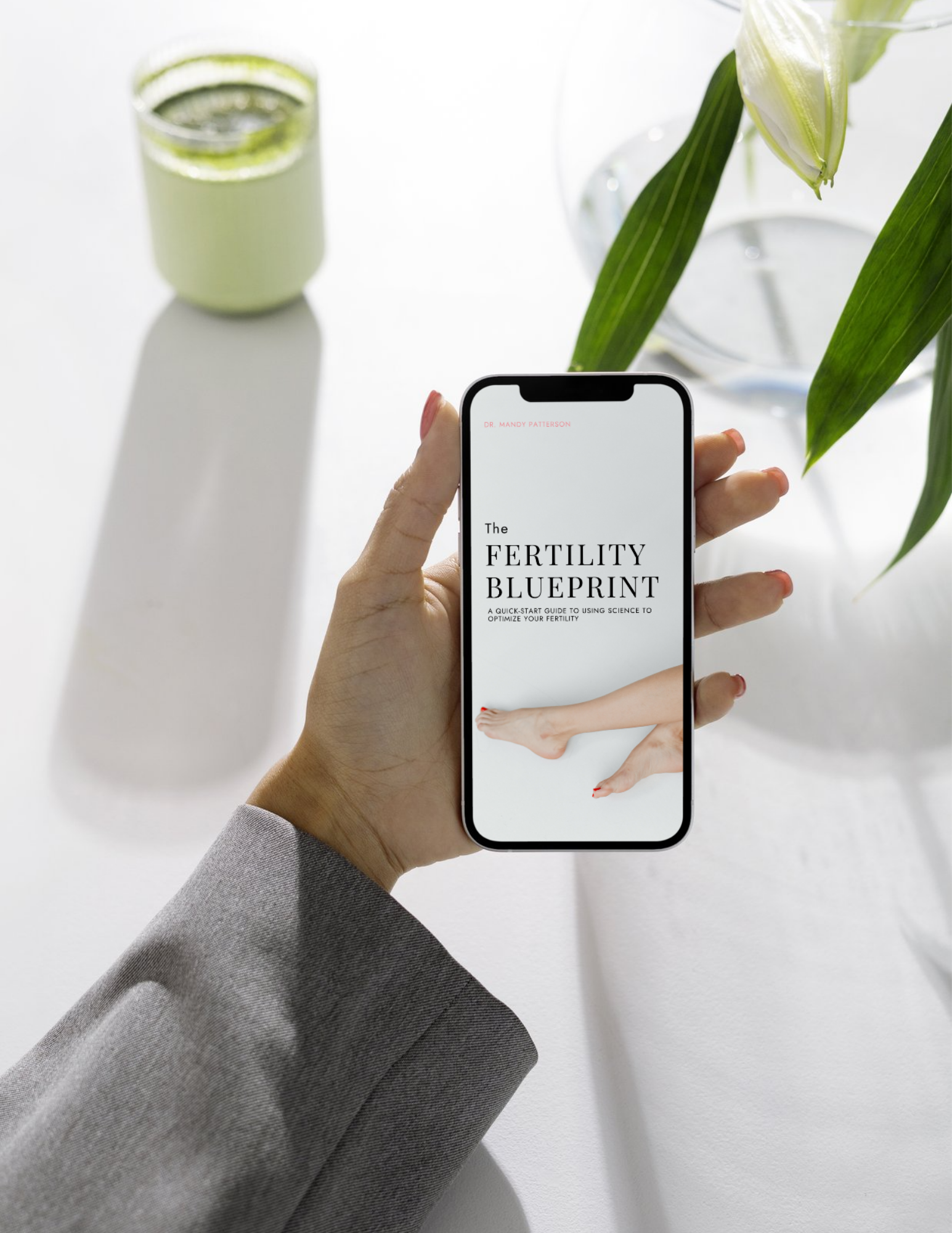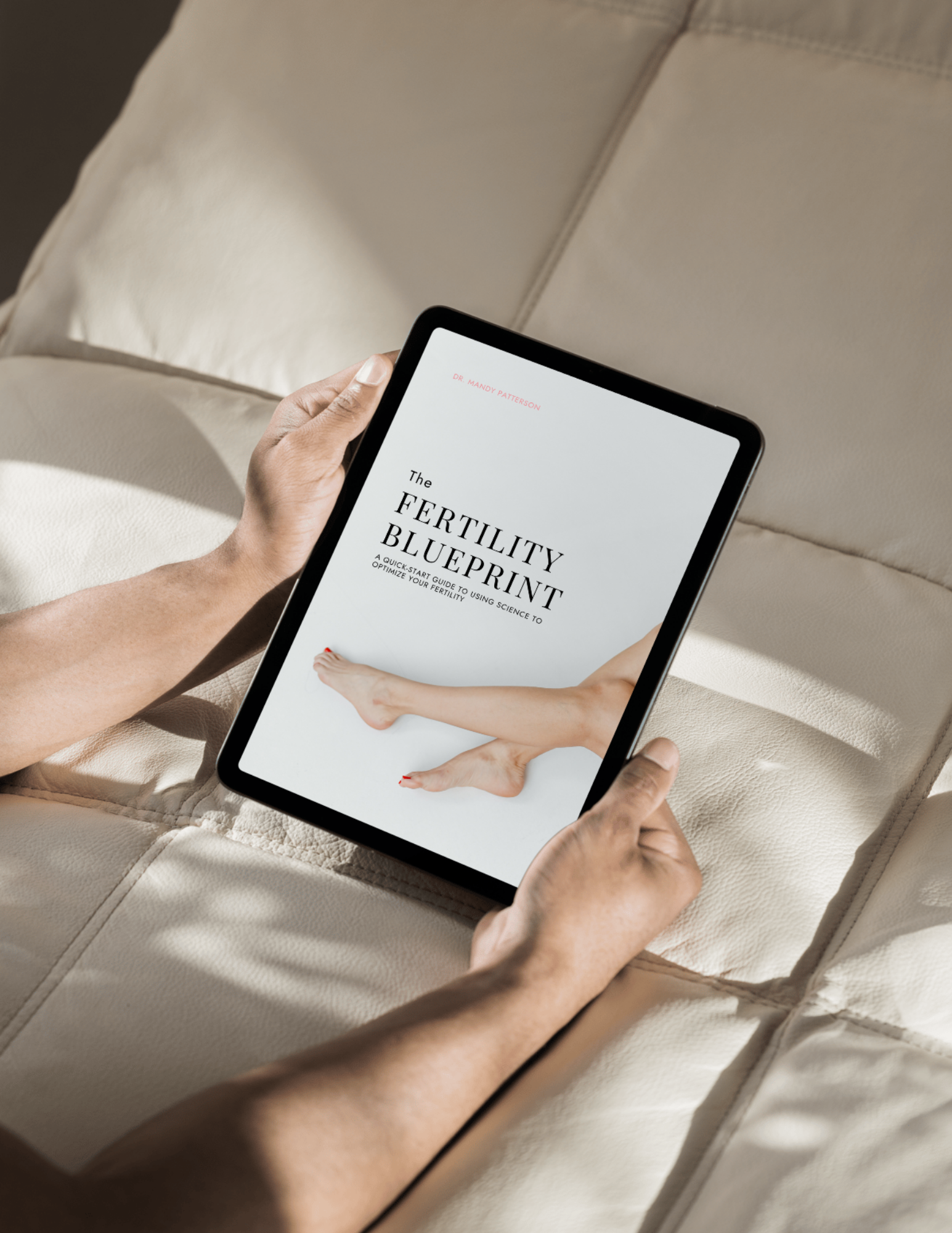Feeling “out of it” and tired is common among women of reproductive age. As a mom of six, I understand the feeling. However, there may be more to the story if you’re constantly fatigued. Anemia and an iron deficiency may be to blame for your exhaustion. Luckily, there are many natural remedies for anemia that will also help boost iron levels!
While anemia primarily affects women of reproductive age, men and children can also be susceptible. In fact, anemia affects about 1.62 billion people worldwide. The main causes of anemia are iron deficiency, although deficiencies in folate, vitamins B12 and A are also potential causes. Although a proper diet and iron-rich nutrition can help you get things back to normal, there are natural remedies for anemia, too.
What is Anemia
Anemia occurs when your blood contains less than the normal number of red blood cells or if your red blood cells don’t have enough hemoglobin. Hemoglobin is an iron-rich protein that gives your blood its red color. It helps bind oxygen, fight infections, and prevent blood loss by inducing blood clotting. If you have anemia, your body does not get enough oxygen-rich blood.
Not to mention, anemia is closely related to iron deficiency. In fact, iron deficiency is the most common nutritional deficiency affecting at least one-third of the world’s population.
Severe anemia can sometimes cause complications, including damage to your heart, brain, and other organs, according to the National Heart, Lung, and Blood Institute. Here are some of the common signs and symptoms of anemia.

Iron deficiency is the most common nutritional deficiency affecting at least one-third of the world’s population.
Signs and Symptoms of Anemia
When there aren’t enough oxygen-carrying red blood cells in your body, it’s impossible to transport adequate amounts of oxygen to your brain, tissues, muscles, and cells. The result of this is feelings of fatigue, weakness, dizziness, and shortness of breath.
However, it’s important to understand how anemia symptoms usually manifest. Symptoms of anemia are different than simply feeling exhausted due to other life circumstances.
Here is a comprehensive list of the symptoms of anemia:
- Fatigue
- Weakness
- Pale skin
- Irregular heartbeat
- Shortness of breath
- Trouble breathing
- Low stamina
- Reduced endurance
- Chest pains
- Dizziness
- Loss of stability
- Cognitive problems
- Brain fog
- Cold hands and feet
- Headaches
Anemia can fly under the radar for a while, especially if you lead a busy, stressful life in general. It’s important to get labs drawn if you are feeling any of the above symptoms for a prolonged period of time.
Causes of Anemia
The three primary reasons why you might develop anemia from not having enough red blood cells are the following:
- You’re not producing enough red blood cells.
- You’ve been losing too much blood due to injury, menstruation, or other circumstances that cause bleeding.
- Your body is destroying the red blood cells you have due to changes in your immune system.
You may also develop nutritional deficiency anemia which is caused when you experience a decrease in nutrition, increased needs, decreased absorption, or decreased utilization of nutrients. The following are the different types of nutritional deficiency anemia:
- Iron deficiency anemia
- Folic acid deficiency anemia
- Vitamin B12 deficiency anemia
Risk Factors for Anemia
- Being female. Women develop anemia more often than men do.
- If you have pernicious anemia, you are getting enough vitamin B12 but aren’t able to properly metabolize or use it. Because of this, your body still can’t make enough hemoglobin.
- Older age.
- Pregnant.
- Suffer from a candida overgrowth, which can alter how you absorb nutrients including B vitamins.
- Suffer from other conditions including autoimmune diseases.
- Having a digestive issue that disrupts nutrient absorption, such as inflammatory bowel disease, Crohn’s disease, or an ulcer.
- Frequently taking over-the-counter pain relievers, especially aspirin, which block certain nutrients.
When there aren’t enough oxygen-carrying red blood cells in your body, it’s impossible to transport adequate amounts of oxygen to your brain, tissues, muscles, and cells. The result of this is feelings of fatigue, weakness, dizziness, and shortness of breath.
8 Natural Remedies for Anemia
Blackstrap Molasses
Rich in iron, minerals, and B vitamins, consuming 1 tbsp of blackstrap molasses mixed in a cup of hot water can help improve iron deficiency anemia as it contains copper, sulfur, and fructose.
Copper
Consuming water stored in copper vessels can help increase iron levels in the body and also provide other natural minerals. Copper deficiency can also lead to anemia. So, you must consume enough sources of copper to keep your hemoglobin and iron levels up.
Beetroot
Beetroot is one of the greatest sources of iron, magnesium, calcium, vitamin A, and folate. One study found that giving adolescent girls beetroot juice mid-morning for 20 days showed significant improvement in hemoglobin levels.
Beef Liver
Beef liver is very high in iron and vitamin B12 and a variety of other important minerals. If unable to consume cow liver, make sure you include grass-fed, organic beef as an alternative. You can also take a desiccated beef liver capsule as a supplement.
Leafy Green Veggies
These provide a significant amount of iron and folic acid. Raw spinach is high in oxalic acid, which can reduce iron absorption; however, steaming spinach will reduce this acid.
Vitamin B12 and Folate
Taking these vitamins as a supplement will help prevent you from developing nutritional deficiency anemia. They are especially important if you are pregnant or nursing.
Black Sesame Seeds
Black sesame seeds are rich in folate, iron, calcium, and magnesium and are highly essential for your diet if you are anemic. They increase your iron levels and help in the absorption of iron in your system.
Dates and Raisins
Dates and raisins are good sources of iron and vitamin C. Vitamin C helps boost your immunity and improves iron absorption.
RELATED: THE FOUR PHASES OF YOUR MENSTRUAL CYCLE EXPLAINED
Frequently Asked Questions About Anemia
You can apply some of the effective natural remedies for anemia discussed here to boost hemoglobin production, like consuming foods rich in iron, vitamin B12, and vitamin C.
However, there can be different types of anemia so it is important to consult your healthcare provider if you suspect that you may be anemic and get labs drawn up to check for any nutritional deficiencies and hemoglobin levels.
Here are answers to some frequently asked questions about anemia:
Can I resolve anemia naturally?
You can use natural remedies for anemia to help boost iron levels and address other nutritional deficiencies. However, there are types of anemia like sickle cell anemia in which case you should contact your healthcare provider for how to manage it.
How can I reverse anemia quickly?
Once you start consuming iron-rich foods and taking supplements, you will see an improvement. However, it really depends on the precautions and measures you take to prevent it.
What can I drink to fight anemia?
It depends on the root cause of your anemia, however, if you’re suffering from iron-deficiency anemia you could consider drinking a liquid iron supplement. I recommend Floradix.
Best essential oils for anemia?
Using essential oils to calm and relieve stress is one way to promote a healthy body and reduce the risk factors for anemia. Lavender, chamomile, and Valerian are just a few of the essential oils that are effective at reducing stress.
Work with a Holistic Health Coach
If you are a woman of reproductive age you should get screened for anemia. As a Certified Holistic Health Coach, I use functional labs and lifestyle medicine protocols to help you optimize your health. In addition to natural remedies for anemia, I’ll help you investigate all areas of your life where you can improve your health. Reach out to me via my contact page to learn more!
Mandy Patterson


















